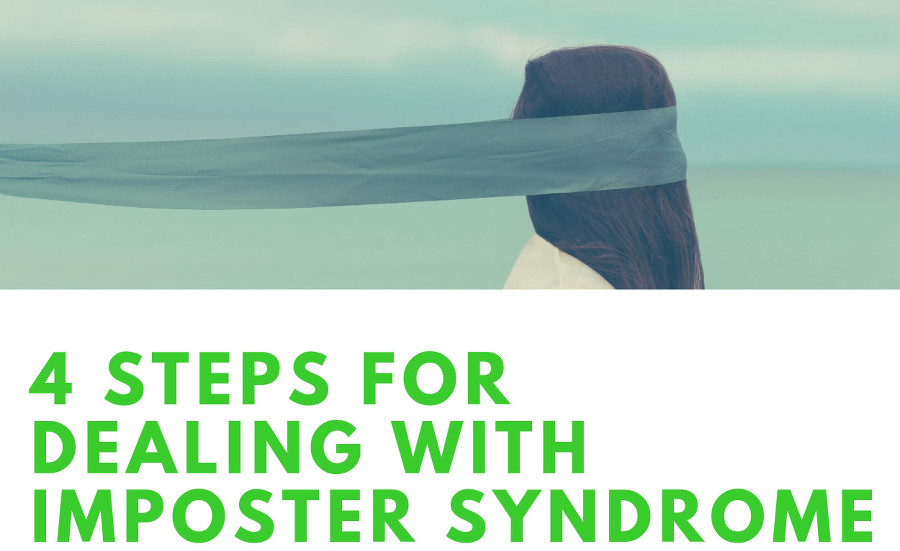
What do Maya Angelou and Kate Winslet have in common?
They’ve both felt like frauds when it came to their career.
“I have written eleven books, but each time I think, ‘Uh oh, they’re going to find out now. I’ve run a game on everybody, and they’re going to find me out.” – Nobel Laureate Maya Angelou
Imposter syndrome effects me all.the.time. It’s stopped me from doing all sorts of things, like not submitting guest posts to big-named websites because I’m not “successful” enough. And I almost didn’t go on the Introvert Entrepreneur podcast because I had been calling myself a visibility adviser for less than a year – what if I wasn’t taken seriously by the people listening?
Imposter syndrome almost stopped me from having this business – “How can I help other introverts create a social media presence when my Facebook page has only 12,000 followers.”
I didn’t care that I had been using social media for business for a decade, or that I had been doing pro-bono visibility advising for months and the people I was working with were having great success, or that the Facebook pages I was comparing myself to used ads instead of organic growth.
That stuff didn’t matter.
But here’s the thing about Imposter syndrome – it’s not logical. Instead, it’s fear of judgement plus impossibly high standards wrapped up in a little (or big) package labeled logic.
Here are four things to consider when imposter syndrome strikes:
1. Realize that you’re not alone. The imposter syndrome effects people who are humble and not egomaniacs, it just does. So if you’re in a room with other people, and you’re doing something difficult or uncomfortable, chances are there’s many other people people in that room who feel the same way. Imposter syndrome can feel isolating, like it’s the world against you, when really that feeling just means you’re very normal.
2. Make your Why bigger than your fears. Why are you pursuing your goals in the first place? Imposter syndrome might pop up, but your job is to reach your goals and to shhh those fears into a whisper so they don’t hold you back.
3. Realize that just because you don’t know everything doesn’t mean you’re a fraud and it doesn’t mean your voice shouldn’t be heard. You do not have to be the best in the world to be knowledgeable and to share your knowledge. Do you expect me to be the leading authority of imposter syndrome? Probably not, but here you are, reading this. And here I am, sharing, because this is something I’m knowledgeable in, but I certainly don’t know everything there is to know about this topic. Plus, most people don’t expect us to be leading experts. I’m part of Screw U, an entrepreneur membership site. I didn’t join their community because I thought I’d be learning from the leading experts on entrepreneurship (they aren’t), I joined their paid community because I liked Jill and Josh as a person and I thought I could learn from them.
4. Keep going. Keep going despite feeling like an imposter, keep going because your goals are so much bigger than the fear that you’ll be found out. I’ve had haters, both in my head and out, but their existence doesn’t have to stop me.
Imposter syndrome is about judgement – it’s the fear of being found out and publicly shamed – and it happens all the time to people who are successful and well respected in their field. You can let the imposter syndrome stop you, or you keep going anyway.
Let’s keep going anyway.

Dear Thea,thank you for sharing this powerful article. I could see myself relaxing while reading your powerful words and felt totally heard and understood and in the same time a wave of encouragement washed over me. Your article came at the perfect time for me.
I’m so glad you liked it!